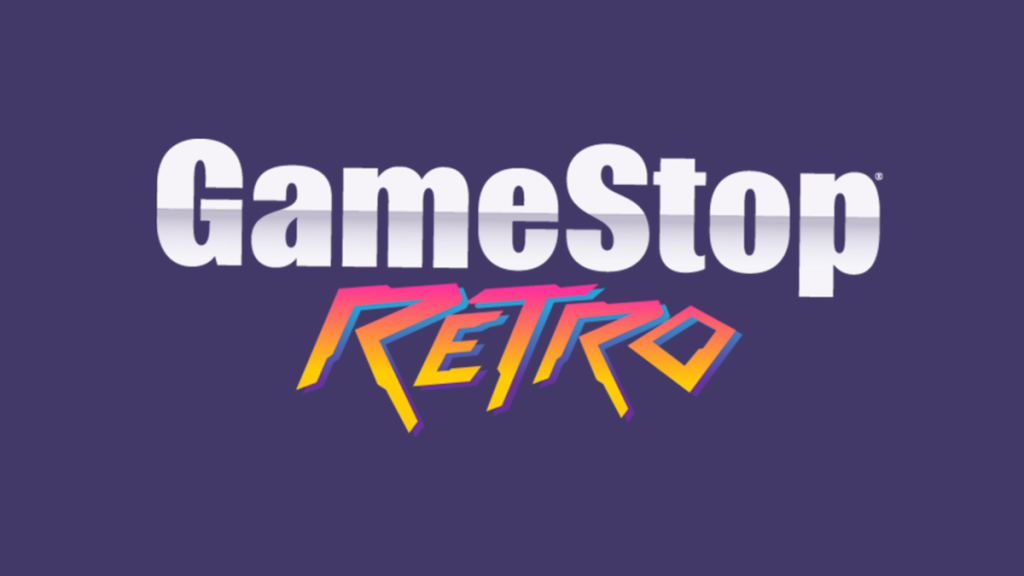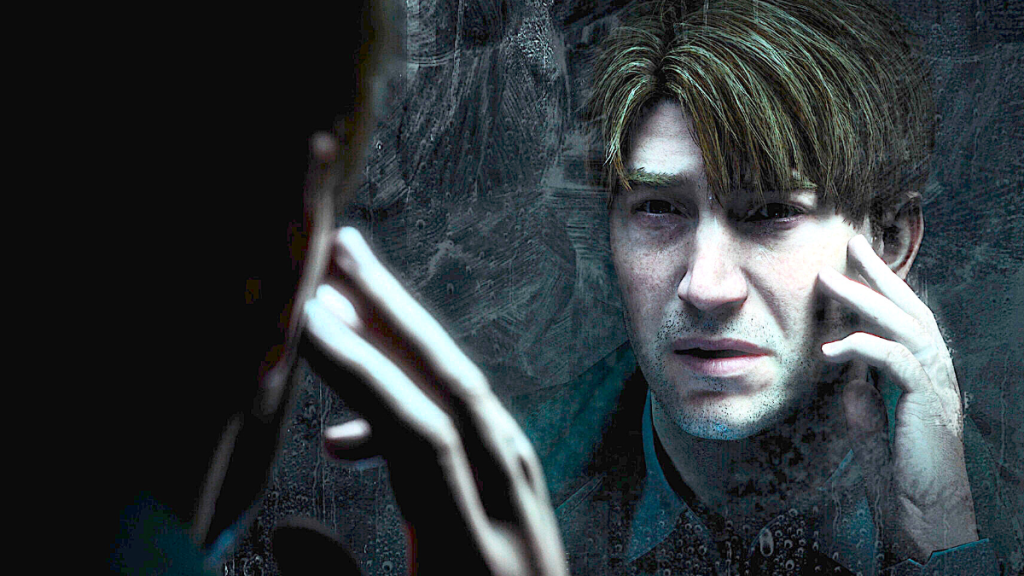Like many others, I have plenty of issues with GameStop. The gaming retail giant is often known for selling opened copies of games as “new”. It has a website that barely seems to work, especially when major sales are going on. And on rare occasions when you do buy something from the site, you never know what you’re actually going to get in terms of quality. These problems and many others have pushed me away from purchasing frequently from GameStop in recent years, especially when it comes to bolstering my collection of older games. Despite all of this, though, I believe that GameStop’s new “Retro” stores could actually be a very, very good thing for retro collectors.
Videos by ComicBook.com
If you haven’t already heard, GameStop announced this week that it would be opening select locations across the United States that it’s calling GameStop Retro stores. These venues will contain throwback games and consoles beginning with the NES and running all the way up through the Xbox 360 and PS3. Although these stores seem to be few and far between, this is a natural extension of GameStop’s business after it began accepting older titles as trade-ins again in 2023.
Overall, I’m not sure what to think of GameStop Retro just yet. I haven’t been to any of these storefronts for myself at the time of this writing, although I intend to rectify this soon enough. Still, even without having been to any of these GameStop Retro stores, the simple fact that GameStop is now getting more heavily into this market should provide greater competition for others who resell video games from yesteryear.

Those who collect older titles are surely aware of just how asinine prices have become. This spike in video game prices began in 2020 and continued inflating in an obscene way. For example, if you’re looking to revisit the original Silent Hill 2 on PS2 prior to this fall’s remake releasing, you better be prepared to fork over roughly $150 for a copy of the game. Obviously, not all games are this expensive, but for those who grew up in the PS1 era or beyond, the simple novelty of recollecting games from your childhood has become far more costly than you’d expect.
What’s been especially difficult to witness is the markup that dedicated retro gaming stores put on their inventory. In my own area of the U.S., shopping at secondhand gaming stores has become completely unreasonable. Some of my previous favorite stores have put a 1.5x price hike beyond the “standard” Price Charting average that games sell for. Others I have frequented have the audacity to ask for double. So, again, if you want a simple copy of Silent Hill 2, you might see it for $300 depending on where you’re looking.
For these reasons, these stores needed a retailer like GameStop to come along and provide some actual competition in the retro market. Even though it’s a shell of what it was 10 or 15 years ago, GameStop is a national retailer that is entrenched in just about every moderately sized town across America. Naturally, many people who might not know of any other alternatives are going to sell off their retro games to GameStop rather than the mom-and-pop equivalents. With GameStop having a greater foothold with retro gaming inventory, they’ll naturally have a larger say in how much games from these older eras tend to cost. And if other stores want to keep up, they’ll have to price their own inventory to a degree that can compete with what GameStop is doing.

Despite all of these potential positives, there are a number of reasons to also be skeptical about GameStop getting into this space. Standard employees at most GameStop stores likely won’t be able to spot fake cases, cartridges, and other accessories, which will put more fraudulent items into circulation. There’s also the chance that GameStop could be even worse about its pricing structure for retro games, although its online marketplace has yet to provide too many concerns on this front.
Still, I’d like to hope that this GameStop Retro initiative will be good for all parties. For consumers, having a major retailer now competing with mom-and-pop stores will drive prices lower due to greater competition. And for GameStop, this could tap back into what so many people liked about the retailer in the first place when it initially blew up in the early 2000s. Time will only tell how this all plays out, but I’m at the very least willing to give GameStop a chance with its latest strategy.








